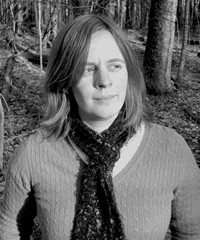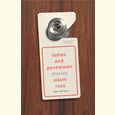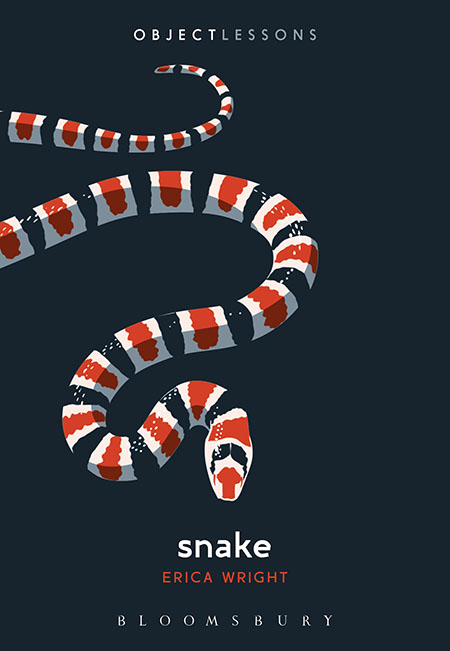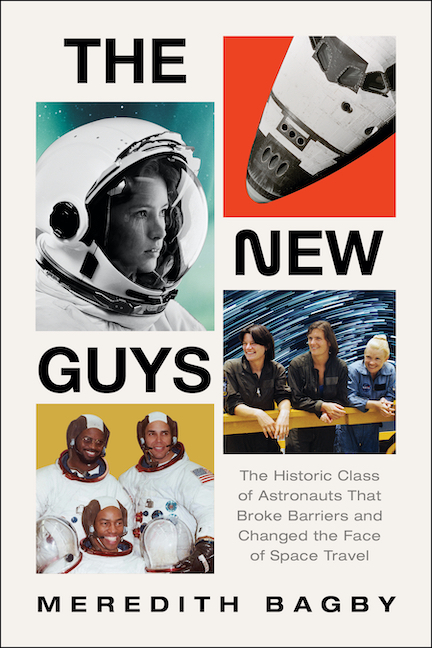Looking Homeward, More Aware
Chattanooga writer Erin Tocknell reconsiders her idyllic Nashville childhood through the lens of race
According to Erin Tocknell, Confederate Streets , her new essay collection, is a book of personal stories “about the stuff we don’t really notice–roads, churches, photographs, school buses, front yards, radio broadcasts, sports, morning papers, swimming pools, classrooms, choir rehearsals, live music.” But it is more than that, too, for Tocknell is a writer with a deep curiosity about the stories of others, particularly those who were responsible for the life she had experienced as a child and young adult. Tocknell is writing personal essays about history, in other words, much of it the racial and social history of Nashville during the desegregation years. By coming in late—she was born in 1978—she had missed most of it. Confederate Streets reflects Tocknell’s efforts to understand what she missed in Nashville—and in her college years, as well.
Nashville wasn’t Birmingham or Selma but, like all Southern cities, it carried the strains of slavery, the Civil War, and reconstruction—a legacy that is still unfolding. Outsiders may not know, and many natives like to forget, the complicated experiments the city fathers tried in their often reluctant efforts to desegregate the city, especially the schools. The consequences, unintended and intended, constructive and destructive, included the bourgeoning of private schools, the conversion of inner-city schools to magnet schools, elaborate busing schemes, and protests against them. Students going through public schools after 1984, as Tocknell did, might wonder casually about the residual anomalies and scars. She did too at the time, but then came back to dig out the details later in the public library. These essays tell the bigger picture.
 They also work as a memoir of her life. She tells of her Green Hills neighborhood, the cobbled-together house where she grew up and its history, her constant urge to be on the go, her many interests, and the vital place of music in her life. Her church, Calvary United Methodist, was a crucial element in her education: “It is Calvary, and not school, where I learned to listen carefully and formulate my own opinions,” she writes. “Bible studies taught me to consider history, to examine issues from all perspectives.” Like the school system, desegregation strained Calvary too. Tocknell’s reconstruction of that history is an especially personal process.
They also work as a memoir of her life. She tells of her Green Hills neighborhood, the cobbled-together house where she grew up and its history, her constant urge to be on the go, her many interests, and the vital place of music in her life. Her church, Calvary United Methodist, was a crucial element in her education: “It is Calvary, and not school, where I learned to listen carefully and formulate my own opinions,” she writes. “Bible studies taught me to consider history, to examine issues from all perspectives.” Like the school system, desegregation strained Calvary too. Tocknell’s reconstruction of that history is an especially personal process.
In her essays about her life beyond Nashville, Tocknell filters her story through the lens of race, as well. With high-school graduation approaching, for example, she scouted out various colleges on a solo Greyhound tour. The University of Virginia and William and Mary, the last two stops, were impressive but didn’t quite grab her. At a last stop in Norfolk, she met an uncle for breakfast at an all-black diner near the Greyhound station, where the waitress ignored them. As a former member of the crew team at Carnegie Mellon University, she condenses the industrial heritage of Pittsburgh into essays from a rowing shell on the Allegheny River.
While the essay form is structurally loose in this collection, Tocknell maintains the context she establishes from the beginning—using her personal stories as ways into larger historical concerns—even when ruminating on Martin Luther King, lunch-counter protests, or steel mills. She slides seamlessly through story layers, from a backyard vine swing to the emergence of the first degree-granting black high school in Nashville. The form is an artful way to convey history, and Nashville readers will feel particularly at home.


